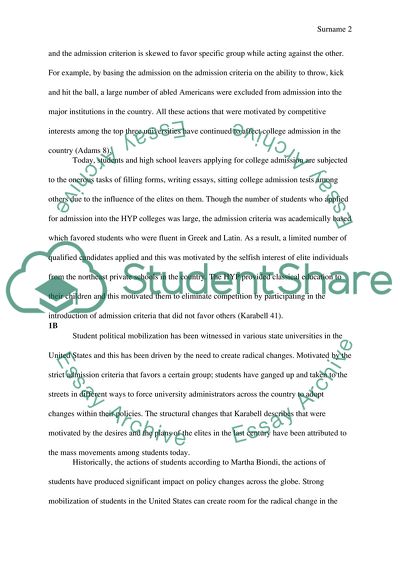Cite this document
(Higher Education and Citizenship Assignment Example | Topics and Well Written Essays - 1500 words, n.d.)
Higher Education and Citizenship Assignment Example | Topics and Well Written Essays - 1500 words. https://studentshare.org/sociology/1829082-higher-education-and-citizenship
Higher Education and Citizenship Assignment Example | Topics and Well Written Essays - 1500 words. https://studentshare.org/sociology/1829082-higher-education-and-citizenship
(Higher Education and Citizenship Assignment Example | Topics and Well Written Essays - 1500 Words)
Higher Education and Citizenship Assignment Example | Topics and Well Written Essays - 1500 Words. https://studentshare.org/sociology/1829082-higher-education-and-citizenship.
Higher Education and Citizenship Assignment Example | Topics and Well Written Essays - 1500 Words. https://studentshare.org/sociology/1829082-higher-education-and-citizenship.
“Higher Education and Citizenship Assignment Example | Topics and Well Written Essays - 1500 Words”. https://studentshare.org/sociology/1829082-higher-education-and-citizenship.


